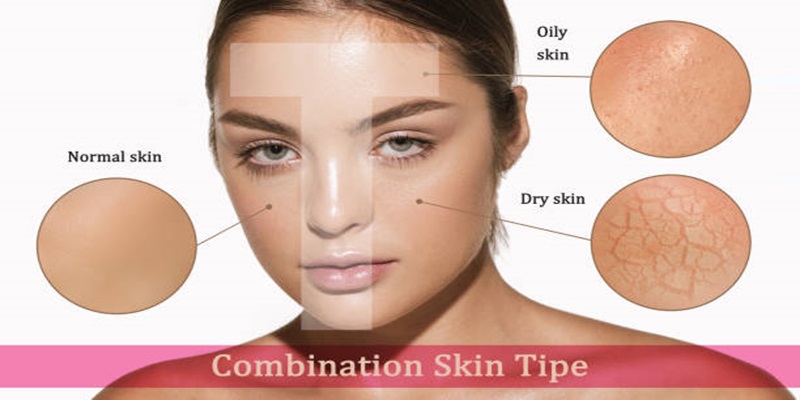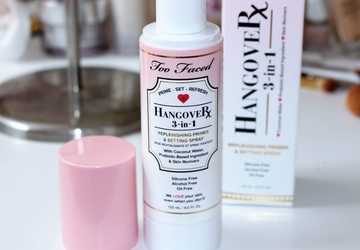How To Select The Right Sunscreen For Your Skin
Your skin burns after just one hour at the park despite using that fancy sunscreen you bought. Does this sound familiar? If yes, that makes millions of us.
Many of us grab the first sunscreen we see, hoping it works. But your skin needs more than just any sunscreen. Let's uncover the secrets to finding your perfect sunscreen match.

Why Your Sunscreen Choice Matters
Did you know using the wrong sunscreen can cause breakouts or leave your skin unprotected? The right sunscreen acts as your skin's shield against harmful UV rays.
Sunscreen helps prevent early ageing and reduces the risk of skin cancer. It is like your skin's daily bodyguard, working around the clock to keep damage away.
Understanding SPF Numbers
What does SPF 30 mean? SPF shows how well a sunscreen blocks harmful sun rays. An SPF 30 sunscreen blocks 97% of UVB rays. Higher numbers offer slightly more protection.
SPF 50 blocks 98% of rays, while SPF 100 blocks 99%. The basis of SPF potency is regular application rather than super-high SPF numbers.
Morning commute? SPF 30 works fine. Beach day? Choose SPF 50 or higher. Your daily tasks help you decide the proper SPF level.
Winter months call for SPF 30, while summer activities might need more robust protection. Remember, clouds don't block all UV rays.
Know Your Skin Type
Your skin type plays a huge role in choosing the right sunscreen. Just like you wouldn't wear shoes that don't fit, using the wrong sunscreen formula can lead to skin issues.
Let's explore what works best for different skin types and why making the right choice matters for your skin's health.

Oily Skin
Does your face get shiny by noon? It is best to use oil-free or gel sunscreens. Look for words like "non-comedogenic" on the label. These will not clog your pores.
The best formulas contain mattifying ingredients like silica or clay. These help control shine while protecting your skin. Try water-based options that feel light and breathable.
Dry Skin
Flaky patches? Choose creamy sunscreens with added moisture. Products with hyaluronic acid help keep skin soft and protected. Look for formulas that include vitamin E or ceramides.
These ingredients lock in moisture while shielding from sun damage. Avoid alcohol-based products that might dry your skin further.
Sensitive Skin
Does your skin turn red quickly? Mineral sunscreens with zinc oxide work best. They cause less irritation than chemical ones. To reduce reaction risks, we recommend fragrance-free options.
Many sensitive skin-focused sunscreens now include soothing ingredients like niacinamide or green tea extract. These calm your skin while protecting it.
Combination Skin
Do different zones need different care? Try light, water-based sunscreens. They balance protection and won't make oily areas worse. Apply the sunscreen based on your skin's needs.
Apply lighter layers on oily zones and massage well into dry areas. Some formulas now include adaptable ingredients that adjust to different skin zones.
Chemical vs. Mineral Sunscreen
There are two significant types of sunscreen: chemical and mineral sunscreen. Both have unique characteristics and are suitable for different skin types. Read about each and make your pick according to your skin needs!
Chemical Sunscreens
These sink into your skin to absorb UV rays. They feel light but might sting your eyes. Chemical filters work by converting UV rays into heat.
Chemical sunscreens typically offer better coverage under makeup and feel more cosmetically elegant. However, for complete protection, wait fifteen minutes before sun exposure.
Mineral Sunscreens
These create a shield on top of your skin. They work right away but may leave a white cast. Modern formulas often include tints to avoid the ghostly look.
They prove gentler for sensitive skin and work immediately upon application. Most dermatologists and skincare experts recommend these for children and sensitive skin types.
How To Apply Sunscreen Right
Most people don't use enough sunscreen. Use a full teaspoon for your face alone. Apply it fifteen minutes before sun time.
Remember often-missed spots like ears and neck. For body application, use a glass of sunscreen and massage in circular motions for even coverage.
Are you running errands? A daily sunscreen works fine. Are you swimming or sweating? Get a water-resistant sports formula.
Sport versions stick better to active skin and resist water for up to 80 minutes. Regular versions work well for normal daily activities but need more frequent reapplication during active times.
Make Sunscreen Your Skin's Best Friend
Protecting your skin shouldn't feel like a chore. Sunscreen is your skin's daily dose of love. Choose one that feels good on your skin, fits your lifestyle, and offers the proper protection.
Frankly, the best sunscreen is the one you'll use every day. Your skin's future health depends on your choices today. Start your sunscreen journey now, and give your skin the care it deserves.
Did you find this article helpful? Please share your thoughts with us in the comment section!
Frequently Asked Questions
Q1: How often should I reapply sunscreen?
Ans: When outside, put on fresh sunscreen every two hours. Reapply sooner if you swim or sweat a lot. Even waterproof formulas need reapplication after towelling off.
Q2: Can I use body sunscreen on my face?
Ans: Face sunscreens work better for facial skin. They cause fewer breakouts and feel lighter. Face formulas often include extra skincare benefits and absorb better.
Q3: Does sunscreen expire?
Ans: Yes, most sunscreens last up to three years. Check the expiration date on the bottle. Heat and direct sunlight can accelerate sunscreen's expiration, so store it in a cool, dry place.







